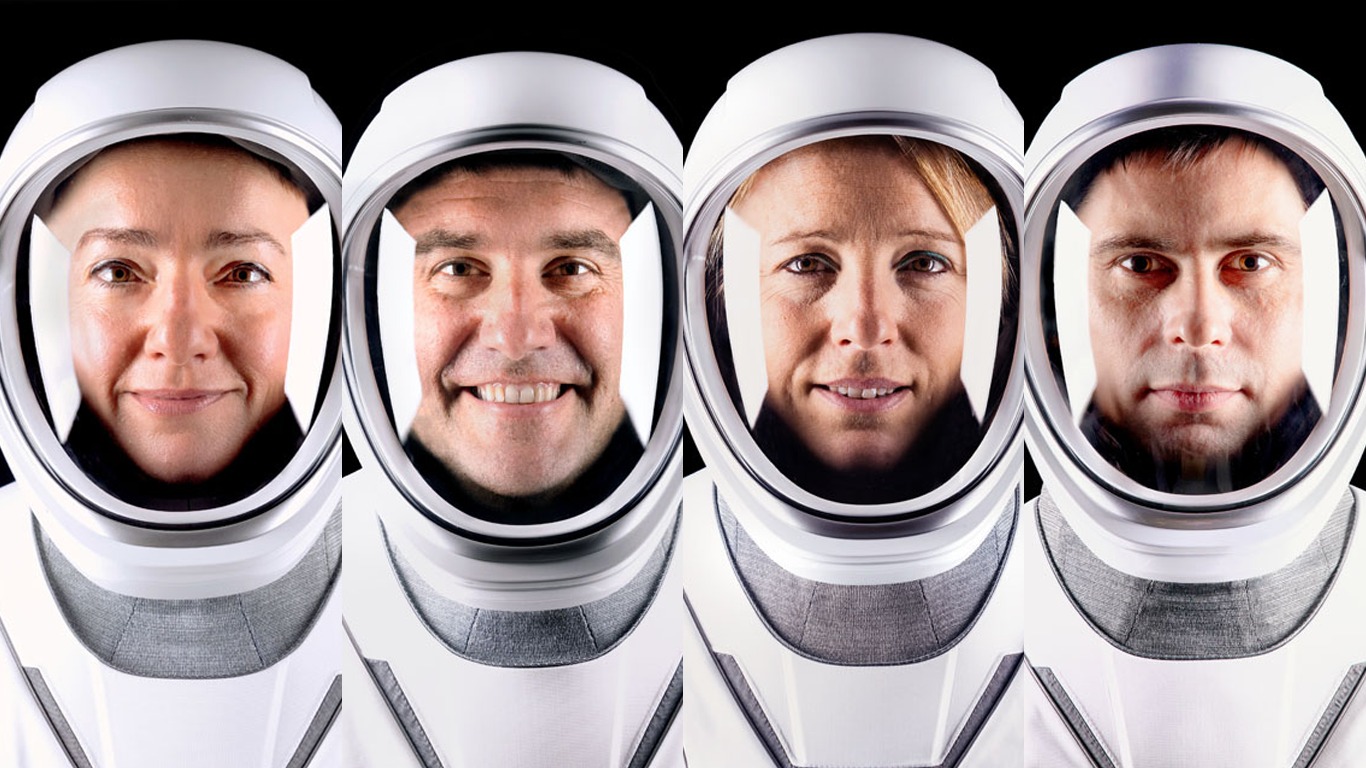New Zealand signs Artemis Accords to urge sustainability in space mining

New Zealand is urging progress on sustainability in space mining as the country becomes the 11th worldwide to sign on to the NASA-led Artemis Accords for human-led moon exploration.
Peter Crabtree, head of the New Zealand Space Agency, signed the pact during a ceremony Monday (May 31) in Wellington, N.Z., according to NASA.
"The Artemis Accords enable us to prepare for future economic and trade opportunities as well as meeting foreign policy objectives," Stuart Nash, New Zealand's economic development minister, said in a government statement from his country.
Related: Presidential visions for space exploration: From Ike to Biden
New Zealand is best known in the space community for hosting the American company Rocket Lab's primary launch pad on the Mahia Peninsula. The company, which specializes in sending clusters of small satellites to space, has launched 20 Electron rockets, largely successfully, although it is recovering from a launch failure in May.
New Zealand gave no specific guidance yet for what it will contribute to the Artemis pact. The country stated it signed the Artemis Accords to emphasize the need for careful management of space resources on the moon; NASA plans to mine the lunar regolith for water to allow for long-term settlement of the moon's surface using local resources.
"As one of only a small number of states with space launch capability, we take responsibilities of kaitiakitanga of the space environment seriously," New Zealand foreign minister Nanaia Mahuta said in the same government statement, using a Māori term for practices of environment management.
Breaking space news, the latest updates on rocket launches, skywatching events and more!
"New Zealand is committed to ensuring the next phase of space exploration is conducted in a safe, sustainable and transparent manner and in full compliance with international law," Mahuta added, urging "additional rules or standards to ensure the conservation and long-term sustainability of these resources."
New Zealand was among eight countries that "helped craft the principles espoused in the Artemis Accords," NASA administrator Bill Nelson said in an agency statement Monday about the new signatory. That said, New Zealand did not sign with the initial group of eight countries in 2020, and reasons for the delay were not disclosed.
With the signing, New Zealand becomes the 11th participating country, joining Australia, Canada, Italy, Japan, Luxembourg, the South Korea, the United Kingdom, the United Arab Emirates, Ukraine and the United States. South Korea was the first to sign under U.S. President Joe Biden's new administration, on May 24. NASA pledged more countries will sign "in the months and years ahead, as NASA continues to work with its international partners to establish a safe, peaceful, and prosperous future in space."
SpaceNews noted the various signatories have widely differing views on how space resources should be used. "In the United States, the Commercial Space Launch Competitiveness Act in 2015 grants American companies rights to space resources that they extract," the report said.
"Luxembourg and the United Arab Emirates, two other signatories, have similar national laws," SpaceNews continued. "Australia, by contrast, is one of a handful of countries that has ratified the Moon Agreement of 1979, which declares the moon and its resources the 'common heritage of mankind' and requires an 'equitable sharing' of the benefits of those resources among all nations."
Seven European countries may push the discussion of space resources further, after Austria, Belgium, the Czech Republic, Finland, Germany, Greece, Slovakia and Spain submitted a paper May 27 to the legal subcommittee of the UN Committee on the Peaceful Uses of Outer Space (COPUOS). The subcommittee, which examines international space law, started a two-week meeting on Monday.
According to NASA, the Artemis accords are meant to "reinforce and implement" the United Nations' 1967 Outer Space Treaty. The treaty's principles including not making sovereign claims on celestial bodies, not allowing nuclear weapons in space, and holding individual states (or nations) liable for damage their space objects cause.
NASA officials have said the Artemis Accords are also meant to encompass international norms established under 1975's Registration Convention, which deals with space debris, and the Rescue Agreement of 1968, with guidelines to assist astronauts unexpectedly landing on another country's territory. The accords also agree to "public release of scientific data."
Follow Elizabeth Howell on Twitter @howellspace. Follow us on Twitter @Spacedotcom and on Facebook.

Elizabeth Howell (she/her), Ph.D., was a staff writer in the spaceflight channel between 2022 and 2024 specializing in Canadian space news. She was contributing writer for Space.com for 10 years from 2012 to 2024. Elizabeth's reporting includes multiple exclusives with the White House, leading world coverage about a lost-and-found space tomato on the International Space Station, witnessing five human spaceflight launches on two continents, flying parabolic, working inside a spacesuit, and participating in a simulated Mars mission. Her latest book, "Why Am I Taller?" (ECW Press, 2022) is co-written with astronaut Dave Williams.
